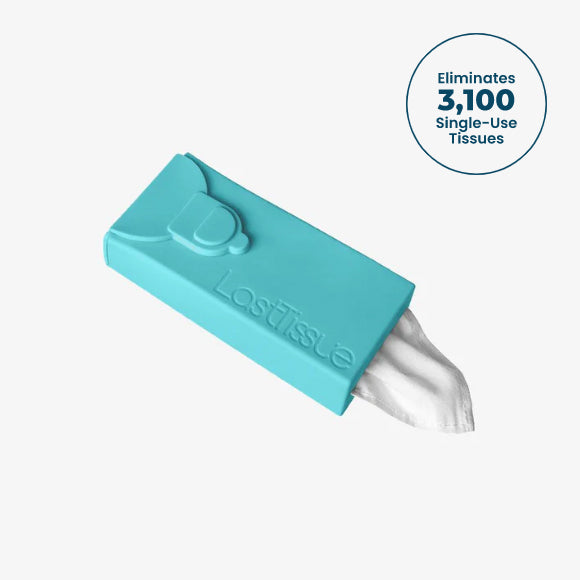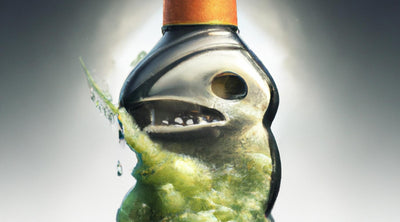Dyeing for a Change: How Dyes in Laundry Detergents are Harming Our Health
February 08, 2023When it comes to laundry detergents, many of us don't think twice about the ingredients that go into them. However, one ingredient that should be on our radar is dyes. These colorful additives can have negative impacts on both our health and the environment.
“A study by the UK's Environment Agency found that dyes are among the top ten pollutants in the country's rivers.”
First, let's talk about the health risks associated with dyes in laundry detergents. According to a study by the European Commission, up to 26% of people are sensitive to dyes in laundry detergents, which can cause skin irritation, rashes, and allergic reactions. Additionally, dyes have been linked to cancer and other health problems.

But the impact of dyes doesn't stop there. When we wash our clothes with detergents that contain dyes, these chemicals can end up in our waterways, where they can harm aquatic life and disrupt ecosystems. In fact, a study by the UK's Environment Agency found that dyes are among the top ten pollutants in the country's rivers.
Moreover, the production of dyes is also incredibly resource-intensive, consuming large amounts of energy, water, and chemicals. According to the Textile Exchange, it takes around 2,000 gallons of water to produce just one pound of dye.
“According to a study by the European Commission, up to 26% of people can develop skin irritation, rashes, and allergic reactions as a result of exposure to dyes in laundry detergents.”
In light of these facts, it's clear that dyes in laundry detergents are a problem that we need to address. But what can we do about it? One solution is to choose laundry detergents that are dye-free.
Many eco-friendly and natural laundry detergents are available on the market that do not contain dyes. By switching to these products, we can reduce our exposure to harmful chemicals and minimize the environmental impact of our laundry routine.

Another way to reduce our use of dyes is by opting for clothes made from natural fibers. Cotton, linen, and wool are all great options that do not require the use of dyes.
In conclusion, dyes in laundry detergents are a major health and environmental concern. But by making conscious choices about the products we use and the clothes we buy, we can minimize our use of dyes and help create a cleaner, healthier world.
MORE Sustainability 101 ARTICLES View all ›
Ready to make
the switch?
- Powerful Cleaning
- Dissolves Easily
- Skin-Friendly
- Eco-Friendly
- No Mess













